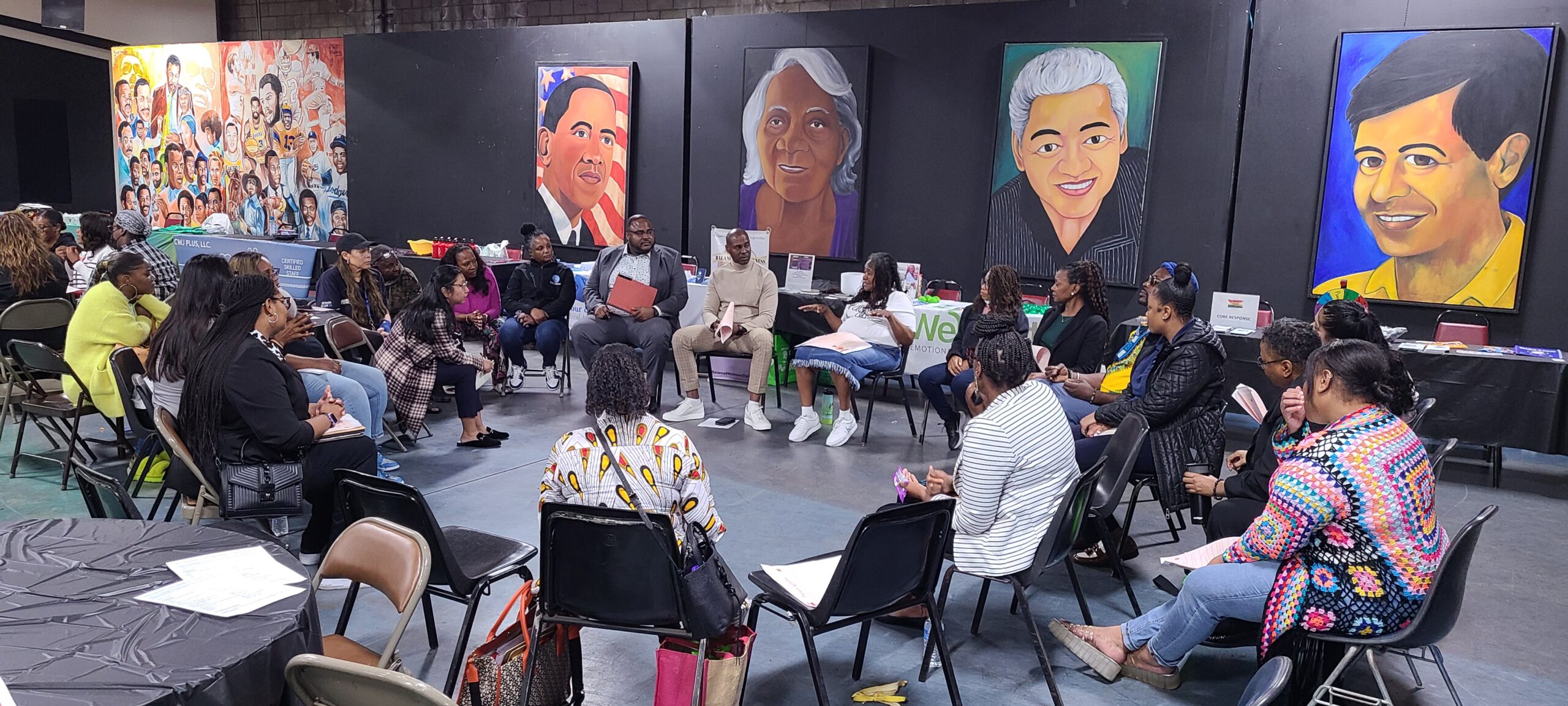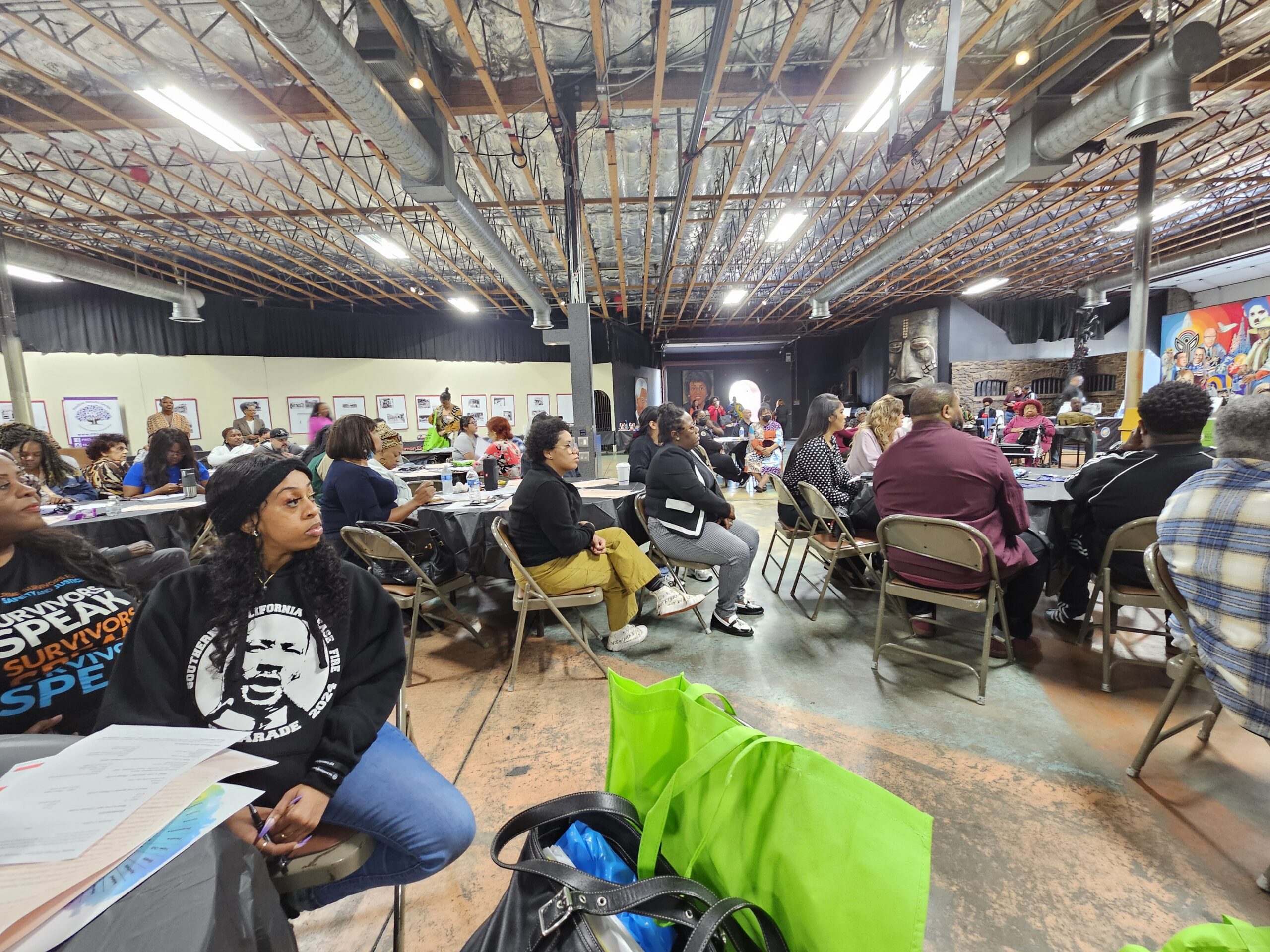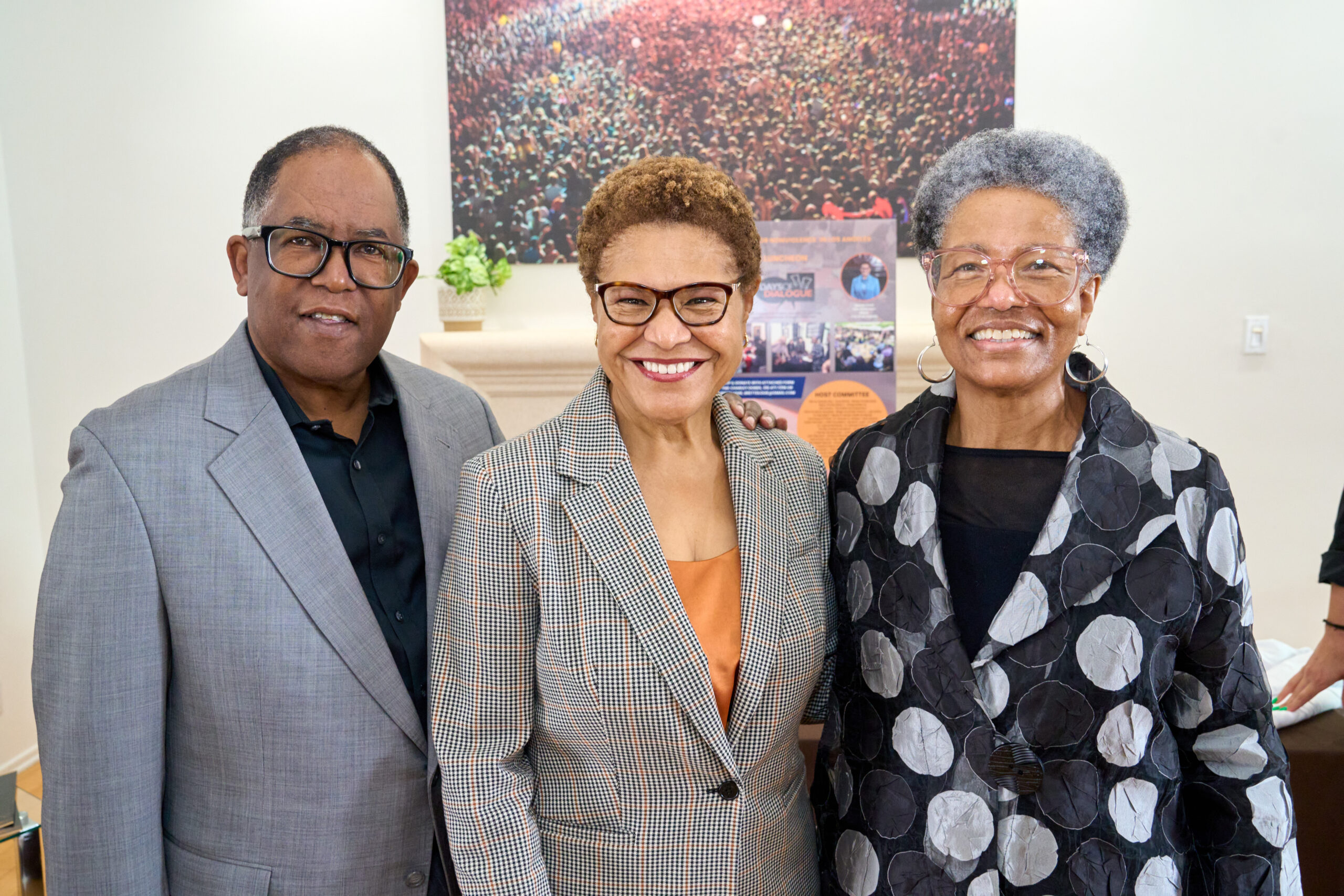All About Dialogues
Facilitate A Dialogue
What is a dialogue?
A dialogue is a form of communication where two or more individuals engage in a conversation, exchanging thoughts, ideas, information, or emotions. It serves as a fundamental tool for human interaction, facilitating the exchange of perspectives, fostering understanding, and building relationships.
What happens next?
In a dialogue, participants take turns speaking, listening, and responding to each other, creating a dynamic exchange of thoughts and feelings. Dialogues can occur in various settings, including casual conversations among friends, formal discussions in academic or professional environments, and dramatic interactions in literature, theater, or film.

What do dialogues include?
Effective dialogue involves active listening, empathy, and the willingness to consider different viewpoints. It promotes mutual respect and encourages participants to express themselves openly while also remaining receptive to the perspectives of others. Through dialogue, individuals can explore complex issues, resolve conflicts, negotiate agreements, and collaborate towards shared goals.
Our dialogues have a singular purpose of building bridges between people of opposing views in order to understand and accept differences between members of the community.
What is the purpose of a dialogue?

What is the outcome of a dialogue?
Overall, dialogue serves as a powerful tool for communication and connection, enabling individuals to engage in meaningful exchanges that promote understanding, collaboration, and personal growth.
Discussion Guidelines
- Listen carefully and with respect.
- Each person gets a chance to talk.
- One person talks at a time.
- Don’t cut people off.
- Speak for yourself, not as the representative of any group. Remember that others are speaking for themselves, too.
- If something someone says hurts or bothers you, say so, and say why.
- It’s okay to disagree, but be sure to show respect for one another.
- Help the facilitator keep things on track.
- Some of the things we will say in the study circle will be private (personal). We will not tell these stories to other people, unless we all agree that it is okay.
- If you know of relevant online references, please include them in your postings; be sure to provide the complete Web site address (URL) and explain why the material is valuable.
- Do not use this forum to sell your products and services.
Ground Rules
The following guidelines have proven very useful in creating an environment for honest and productive dialogue.
- Speak openly and honestly
- Listen carefully and respectfully to each person
- Explore differences respectfully and look for common ground
- Trust that the facilitator has the best interest of the group at heart
- Silence cell phones (unless the group agrees otherwise)
- Be respectful of the opinions of others


